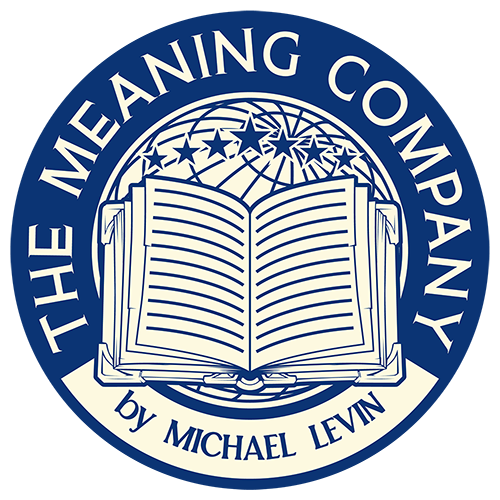The State of Book Publishing: Where Most Books Suck, but Quality Prevails
Major publishers are no longer focused on creating impactful books, but rather prioritize marketing plans over content quality, making it difficult for authors with lesser-known names or marketing platforms to secure book deals.
As a book guy—an experienced ghostwriter, a New York Times bestselling author, and someone responsible for more than a thousand books over the last 35 years—it pains me to say it, but I must say it.
These days, most books suck. And books didn’t need AI to be terrible, although AI certainly gives tons of books a nudge in that direction. Let me explain.
Back then, publishers went into book publishing because they believed that books could change the world. Ralph Nader’s, Unsafe at Any Speed and Betty Friedan’s, Feminist Mystique, both published in the 1960s, launched modern consumer safety legislation and the modern feminist movement. Rachel Carson’s classic, Silent Spring, published roughly the same time, launched today’s environmentalist movement.
These days, these books would never be able to find publishers. That’s because these days, publishers are no longer individuals. There’s no longer a Mr. Simon and a Mr. Schuster, or for that matter, a Mr. Harper and a Mr. Collins.
Instead, half a dozen massive multinationals control something like 85% of popular book publishing worldwide. This tiny handful of gatekeepers couldn’t care less about whether a book will change society, as did the three I mentioned a moment ago, or whether it is a piece of garbage comprised of unedited, out of date blog posts cleverly disguised as a book.
That’s because the only thing publishers care about these days is the marketing plan. The contents of the book don’t matter in most cases. Instead, the only question that resonates is: “Will it be easy to sell this book?”
Regardless of whether it is any good or not.
As a result, there are basically two ways to get a book deal with a major publisher. One is to be known by your first name, like Michelle or Prince Harry or, before too much time passes, Joe.
The other is to have a massive marketing footprint already established before you seek to get a book deal. This means that you are already, say, the baby doctor on the Today Show, appearing weekly on national television; you are making 50 major keynotes a year; and you’ve built up your social media to the point where you’ve got millions of followers on every platform.
With all the time it takes to conduct those activities, how much time do you have left over actually to develop intriguing new ideas and put pen to paper?
None, but who cares? Certainly not the major publishers. As a result, countless authors who would have gotten book deals from the major houses in the past learn, to their dismay, that their works go begging. They can’t get literary agents, because the agents recognize that without an author known by his or her first name or without a massive marketing plan, there is almost no chance of getting a deal.
What about the quality of the books that the major houses are actually publishing? In most cases, for the folks who have those ginormous marketing platforms, the books are pretty terrible. There might be two chapters of actionable guidance—how to get clients, how to meet the person of your dreams—and ten chapters of Hamburger Helper. In other words, what passes for books these days is all too often a blog post or a magazine article inflated to 65,000 words, of which 55,000 of those words have no use whatsoever.
Don’t expect that AI will improve the quality of books anytime soon. AI can churn out content in the blink of an eye, but is it any good? Can AI write compellingly? Not yet. In my ghostwriting business, we would never stop using AI for anything other than research. Bland is what you get when you ask AI to write on your behalf.
And yet, nothing confers thought leadership, legitimacy, and proof that you are the most trustworthy provider of services or goods as a book. Your book better be well-organized and well-written, though, or else it will be as embarrassing as wearing torn jeans to a business meeting.
This is actually good news for authors who are committed to quality. In a world where, alas, most books suck, to have a really beautifully written, intelligently organized book is to stand out from the crowd—not just from your competitors but also from other authors in your field who didn’t make the time and effort to write a solid book.
As a ghostwriter, one of my mantras is “value on every page.” If a book doesn’t provide enormous value for readers, then readers will accurately surmise that the book was nothing more than a marketing brochure cleverly disguised as a book. You’re better off not having a book at all in that case.
If, on the other hand, you are willing to take a little bit of time and effort and make your book solid, entertaining, and informative, you will stand out.
Buyers have more choices than ever, thanks to the internet, and thanks to AI. There is nothing like a well-written book to make you the obvious choice for readers who need the services or the products you provide.
That is, just as long as your book doesn’t suck.
